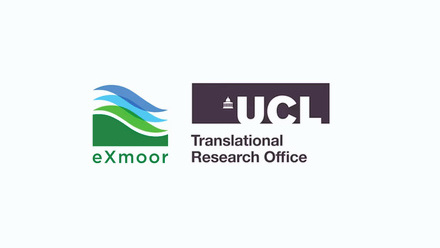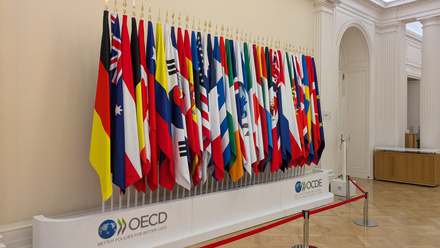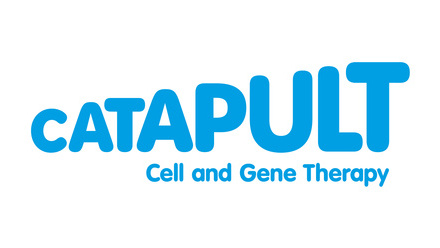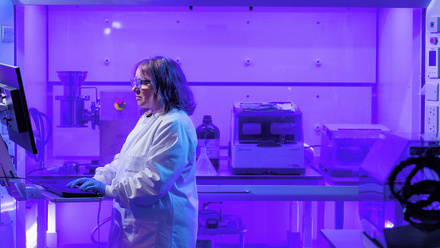UK companies driving cell and gene therapy: Rinri Therapeutics case study

Rinri Therapeutics is a spin-out from the University of Sheffield, developing a first-in-class cell therapy for hearing loss, the most common sensory deficit in humans. Targeting sensorineural hearing loss; those patients with damage to specialised cells of the inner ear. The latest BIA's UK cell and gene therapy report, explores the usage of Rinri Therapeutics' hematopoietic regenerative cell therapies for hearing loss.
What does the company do?
Rinri Therapeutics is a biotechnology company based in Sheffield that is pioneering the development of regenerative cell therapies for hearing loss. The company’s innovative approach involves utilising auditory progenitor cells to replace the damaged auditory sensory cells in the inner ear, the primary structures responsible for converting sound waves into electrical signals that the brain can interpret.
How will it be used?
Rinri Therapeutics’ lead product is focused on the regeneration of Auditory neurons. These are specialised cells that transmit sound information from the inner ear (cochlea) to the auditory cortex in the brain. These cells are crucial for normal hearing; their damage or loss leads to hearing loss and degradation. Auditory nerve loss is common in acquired age-related hearing loss (presbycusis) and auditory neuropathy spectrum disorder (ANSD) (>11 million in high-income countries alone).
Rinri Therapeutics stands out as a frontrunner in this field, having conducted extensive preclinical studies demonstrating the potential of their regenerative cell therapy to restore hearing in animal models of auditory nerve-related hearing loss. The company’s differentiation technology enables the efficient and scalable conversion of pluripotent stem cells into auditory neurons, offering a promising avenue for treating hearing loss.
What is the impact?
Hearing loss is a prevalent global health concern, affecting an estimated 5% of the world’s population (>400 million). The patient population will only increase, as the global population grows and ages. As there are no disease-modifying therapeutics for hearing loss, Rinri Therapeutics’ regenerative cell therapy has the potential to revolutionise the treatment of hearing loss. By effectively replacing damaged sensory cells in the inner ear, the therapy could restore hearing to millions of individuals who are currently suffering from hearing impairment. Disabling hearing loss (>35 dB loss) costs the EU €185 billion a year from increased health system expenditure, loss of productivity caused by unemployment and premature retirement, societal costs – social isolation, communication difficulties and stigma – and costs of additional educational support for children. Depression, loneliness, and social isolation are recognised as major consequences of hearing loss with multiple adverse effects on personal and family relationships.
As well as reducing quality of life, it is known that these conditions increase the likelihood of death in the elderly population. Hearing loss also has a detrimental effect on physical health as it increases the risk of onset of other diseases and is associated with a range of comorbidities (cognitive decline/dementia, depression, frequent falls). It has a negative impact on overall health-related quality of life, more than other chronic conditions (such as diabetes, hypertension, angina, sciatica, and congestive heart failure). This has important consequences for the social and practical care needed to support people with hearing impairment, therefore having an impact on wider society.
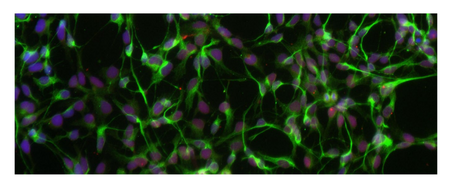
What are the opportunities and challenges?
Developing and bringing a first-in-class stem cell-derived regenerative therapy to market requires de novo navigation of complex regulatory pathways and demonstrating the safety and efficacy of the treatment. Another perennial challenge is funding. The high costs associated with research and development and the long clinical trial process pose significant funding challenges for biotechnology companies like Rinri Therapeutics.
Scaling up the manufacturing process to produce the required number of stem cell-derived cells for later-stage clinical trials and commercialisation is a crucial challenge but a critical hurdle to overcome to realise the potential of these kinds of therapies. However, there are significant commercial opportunities from the market’s sheer scale and unmet need. The global market for hearing loss treatments is substantial, estimated at $39 billion in 2022. As there are currently no effective treatments for many types of hearing loss, Rinri Therapeutics’ therapies have market-disrupting potential and would become the first-choice regenerative hearing loss therapy worldwide.
What are the future trends for your products/processes?
The field of regenerative medicine is undergoing rapid advancements, with new discoveries and technologies emerging at an accelerated pace, bringing the promise of this therapeutic class closer to reality. Rinri Therapeutics is well-positioned to succeed in developing a therapy for hearing loss, as they are now at the forefront of this rapidly evolving field and have established a strong track record of innovation combined with preclinical and clinical progress.
The successful development and commercialisation of Rinri Therapeutics’ stem cell therapy could have a profound impact on the lives of millions of individuals around the world who are affected by hearing loss. The therapy could completely revolutionise the treatment of this prevalent condition and significantly enhance the quality of life for many people around the world.
More news and updates

